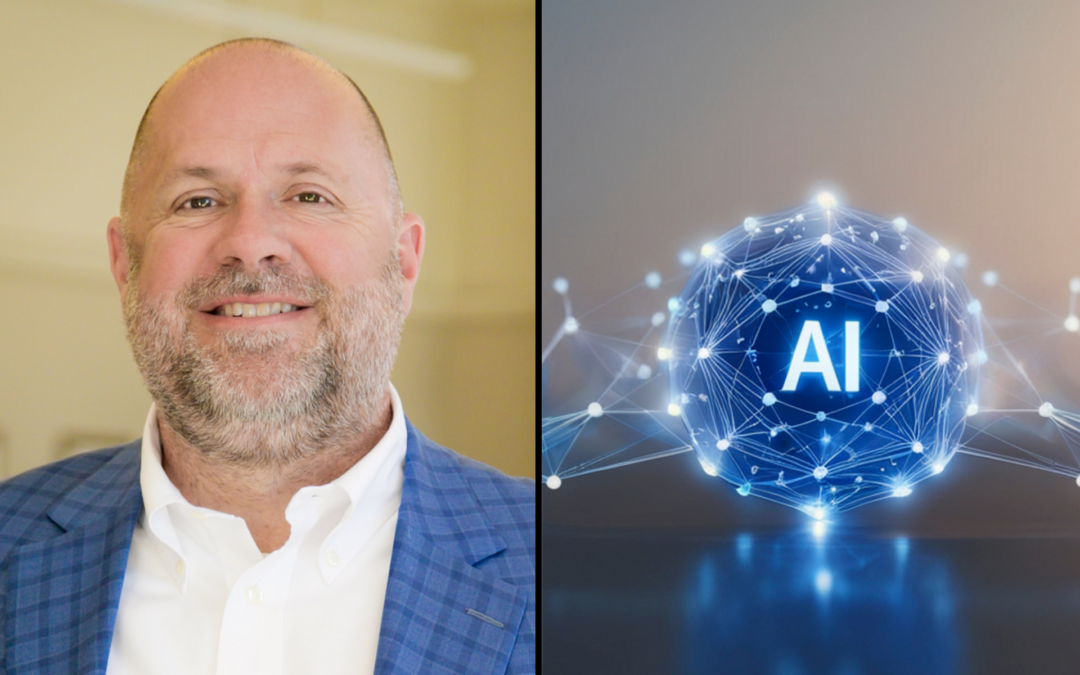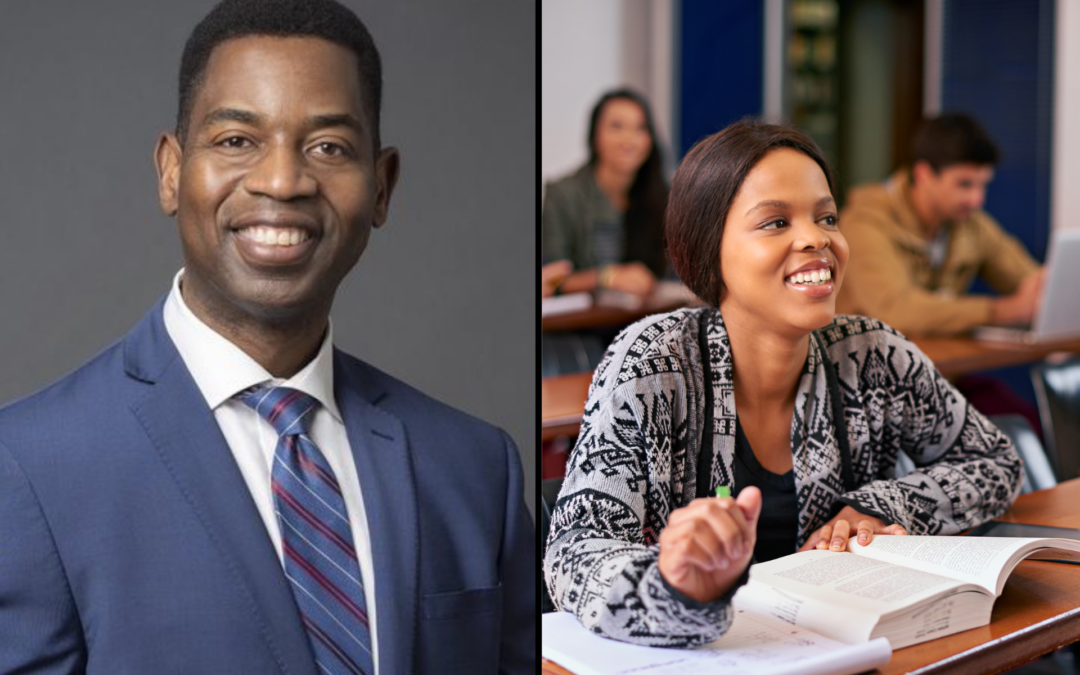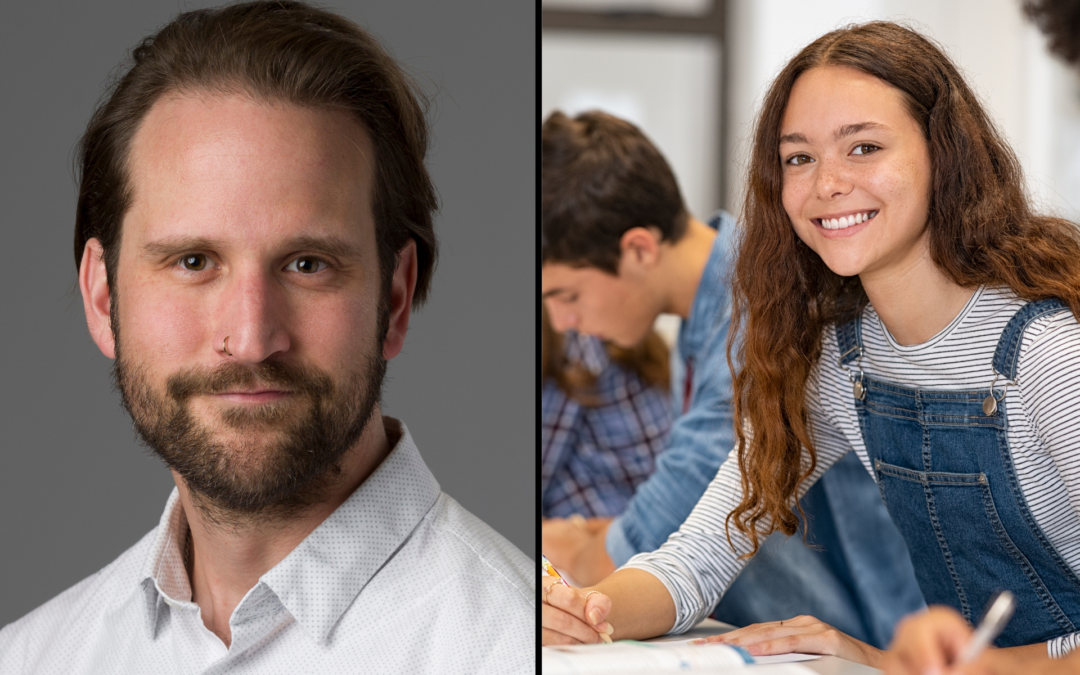Docket ID ED-2025-SCC-0382
Dear Acting Chief Data Officer Fu,
The Presidents Forum appreciates the opportunity to comment on the Department’s request regarding the Integrated Postsecondary Education Data System (IPEDS) information collection, including the Admissions and Completion Transparency Survey (ACTS). Our member institutions collectively serve more than one-million learners, many of whom are working adults, transfer students, military-affiliated learners, and others who have historically been underserved by traditional enrollment and admissions models.
We share the Department’s commitment to transparency and responsible data modernization. To be effective, however, this collection must align with the operational realities of institutions that serve diverse student populations. Our comments below respond to each of the Department’s five directed questions.
1. Is this collection necessary to the proper functions of the Department?
We agree that clear and comparable admissions and aid information can support the Department’s oversight responsibilities. At the same time, the necessity of the proposed expansion depends on whether ACTS meaningfully distinguishes between selective and open-access institutions.
The current exemption language requiring institutions to admit 100 percent of all applicants does not reflect how open-access admissions operate in practice. Institutions routinely deny applicants for reasons unrelated to selectivity, including federal student-aid eligibility requirements, administrative prerequisites, suspicious enrollment activity, residency constraints, or program-specific criteria. These considerations do not involve evaluating academic achievement factors such as cumulative grades or standardized assessments.
The Department’s 2025–2026 IPEDS screening question takes a more flexible approach by identifying institutions as open admission when they admit virtually all students who have completed a high school diploma or equivalent. Drawing on this framework could help ACTS better reflect how open-access admissions policies operate.
We encourage the Department to consider alternative approaches that better distinguish highly accessible institutions from those employing selective admissions. Options may include definitions that focus on admitting students who meet basic objective eligibility criteria or definitions that rely on admissions thresholds, such as 90 or 95 percent, to reflect high-access institutional missions. Exploring these alternatives would allow ACTS to focus on institutions that use selective admissions practices while avoiding unintended burden for institutions designed to provide broad access.
2. Will this information be processed and used in a timely manner?
Timely processing is unlikely unless implementation is prospective. Many institutions with rolling, year-round, or multi-entry enrollment models do not align with the fall-based admissions structure assumed in ACTS. When the reporting framework does not match institutional operations, timeliness and accuracy are compromised.
Requiring retroactive reporting will further impair timeliness. Institutions cannot recreate historical data in formats that were never collected. Any reconstruction would result in incomplete and unreliable information.
Applying the collection prospectively beginning no earlier than the 2026–2027 cycle would significantly improve timeliness and data quality.
3. Is the estimate of burden accurate?
The estimate of burden does not capture the additional workload required for institutions that serve high numbers of adult, transfer, online, and military-connected learners.
The primary factors increasing burden are:
- The exemption structure, which as currently written captures institutions that are not selective.
- Misalignment between ACTS assumptions and year-round or multi-entry enrollment pathways.
- The need to reconfigure student-information and financial-aid systems on an accelerated timeline.
4. How might the Department enhance the quality, utility, and clarity of the information to be collected?
The clarity and usefulness of ACTS would be strengthened by two adjustments.
Clarify how non-need-based aid should be interpreted
Institutions offer many forms of aid that are not tied to financial need, including merit programs, first-generation scholarships, teacher education or nursing program awards, and substantial aid packages for veterans and service members. Without clear guidance, institutions risk misclassifying these forms of support, which would reduce the consistency and comparability of ACTS data. Clear definitions and examples from the Department would help ensure that institutions categorize these awards accurately.
Align ACTS with modern enrollment patterns
Rolling admissions, high transfer volume, and military and working-adult populations are common across many institutions. A collection that assumes a traditional first-year fall cohort will not produce accurate or comparable data for these students. Clarifying these structural considerations would improve both the quality and utility of the information collected.
5. How might the Department minimize the burden of this collection, including through information technology?
Burden can be reduced in several targeted ways.
Limit reporting to prospective data only
Historical data cannot be reconstructed in a way that meets ACTS standards. Prospective reporting is more accurate, feasible, and consistent with the goals of the collection.
Revisit the exemption criteria
Considering alternative approaches to defining open-access institutions such as focusing on applicants who meet the basis for admission or using thresholds that reflect high-access missions would better align exemptions with institutional practice and reduce unnecessary reporting burden.
Extend the implementation timeline
A timeline beginning no earlier than the 2026–2027 cycle would allow institutions to adapt information systems, update data definitions, coordinate with external vendors, and ensure accurate reporting.
Support technology-enabled reporting
Machine-readable specifications, clear definitions, and alignment with existing systems will promote both accuracy and efficiency.
Conclusion
To ensure that ACTS advances the Department’s goals without unintentionally burdening institutions committed to access, we respectfully recommend that the Department:
- Clarify key definitions including non-need-based aid
- Explore alternative approaches to defining exemptions for access oriented institutions
- Eliminate retroactive reporting
- Align ACTS with year-round and multi-entry enrollment structures
- Extend the implementation timeline
- Provide clear, consistent guidance to support automated reporting
We welcome further dialogue to ensure that federal data systems advance the success of today’s learners.
Sincerely,
Wesley Smith
Executive Director





Recent Comments